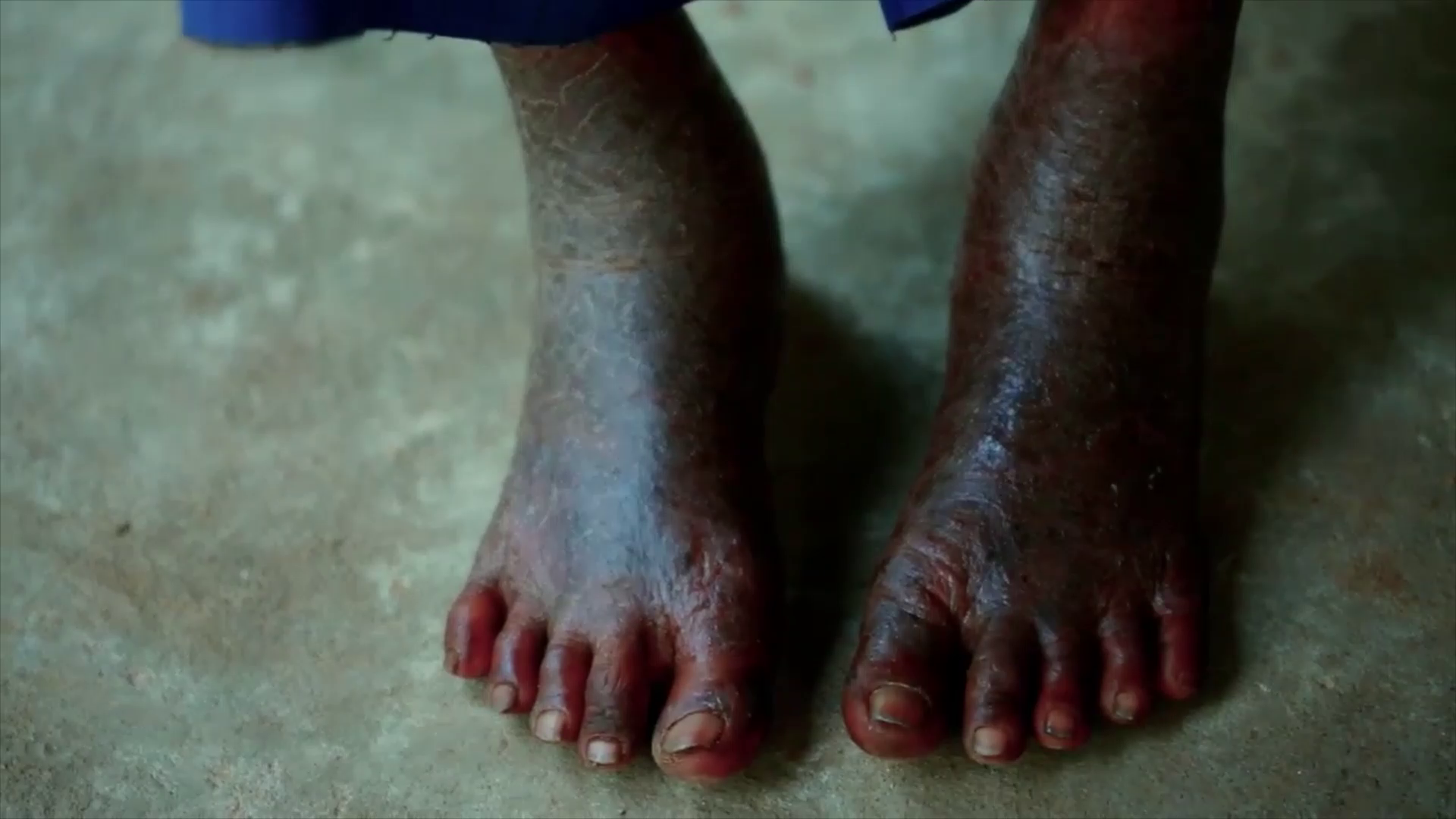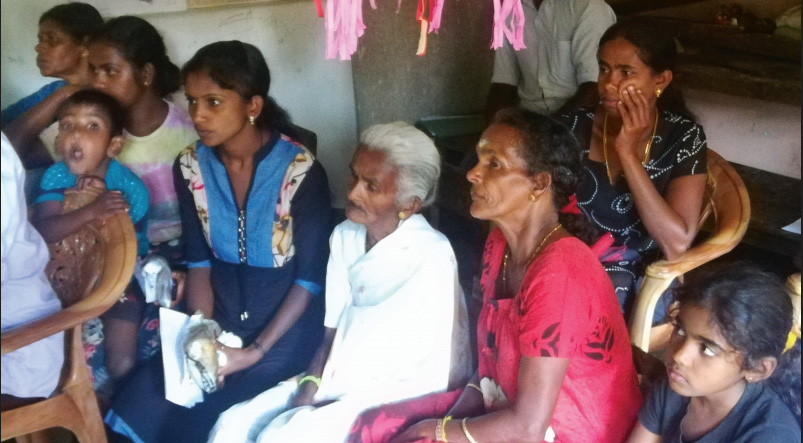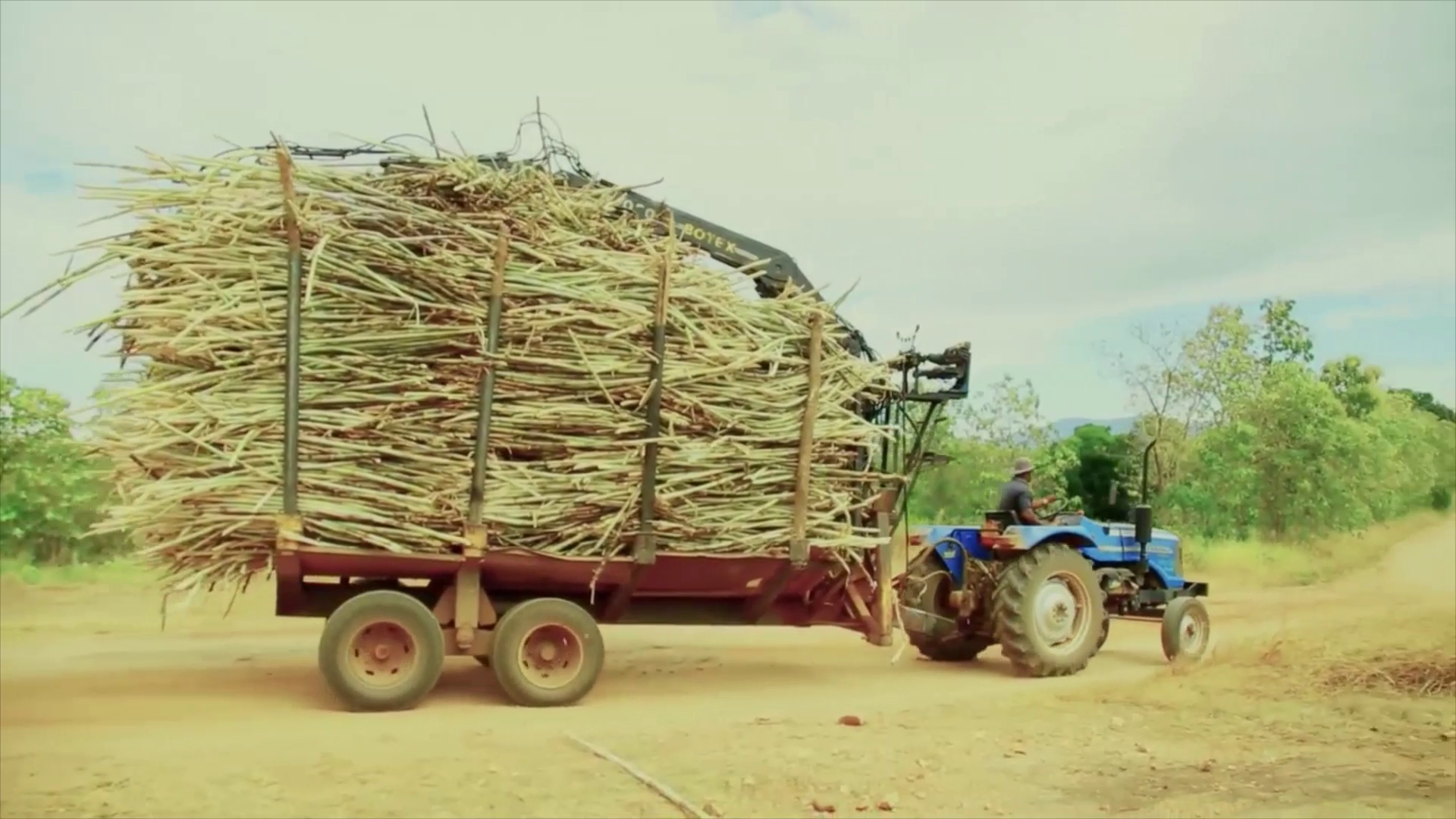PAN Asia Pacific’s No Land, No Life! Campaign, together with the Asian Peasant Coalition (APC), has launched the Peasants Rise Up broadcast series. The series, hosted by Bobby Ramakant of Citizen News Service and Christina Sayson, tackles landlessness, corporate control of agriculture, human rights, and other issues currently faced by the peasantry across Asia. The Peasant Rise Up series is part of the Global People’s Summit for a Just, Equitable, Healthy and Sustainable Food Systems. It celebrates the success stories of the peasant movement and highlights the call for land to the tillers as necessary for a truly radical food systems transformation.
In the first episode, K.P. Somalatha, chairperson of the Uva Wellassa Women’s Organisation in Monaragala and Colombo-based researcher and activist Iromi Perera talk about the land grabbing of sugarcane companies in Sri Lanka.
During the 1980s, sugarcane corporations, with assistance from the Sri Lankan government, began mapping out lands to cultivate sugarcanes and build sugar factories. One of these corporations was Pelwatte Sugar Company in Monaragala District, Uva Province.
The Pelwatte Sugar Company offered agreements to farming families in the region, giving them four acres (1.62 hectares) of land for cultivation of sugarcane and a half acre to build their huts. In the end, at least 84,000 acres (33,994 hectares) of land were taken away from 2,500 farming families. Formerly self-sufficient, farmers started to depend on sugarcane plantations to make a living.
“The corporation promised to shoulder the expenses and machinery needed for sugarcane cultivation. They also promised access to roads, better transportation, access to hospitals, water and other facilities.” said K.P. Somalatha. However, such promises were left unfulfilled.
Corporations also enticed farmers with huge profits that communities could earn from sugarcane cultivation. However, on the day the farmers came to collect their “income” for working on the plantations, the company took the sugarcane, paid them low wages and offered them loans instead.
Losing land to monocropping
According to Somalatha, the farming families did not just lose their lands, they also lost their ability to feed themselves. “Once the company acquired their lands for monocropping, it also forbade farmers and their families to plant other vegetables or other crops for their own consumption,” she said.

Environmental degradation and multiple diseases also started to plague the rural communities due to the pesticides used on sugarcane plantations. Many of them are highly hazardous, including Gramoxone (paraquat). Video testimonies tell of how the water became polluted with pesticides, and how kidney and respiratory diseases inflicted farm workers and their families. Moreover, large animals such as elephants started to enter the communities because their natural habitat had also been disturbed by the emergence of sugar plantations and factories.
“Despite the rise of pesticide-related illnesses, the company did not take any measures to prevent their workers from getting sick, nor provide assistance to buy medicines and gain access to health services,” said Somalatha.
When men, who were mostly the ones working on the sugar fields, died due to illnesses, rural women had to take the responsibility as head of the family. Aside from caring for their families, women had to take jobs away from their villages to provide for the food and education of their children.

Women rise up
It was in response to these issues that the Uva Wellassa Women’s Organisation was formed. It organised 18 collectives, consisting of almost 800 women living within the lands of the Pelwatte Sugar Company. The women collectives started teaching women about their rights, how these rights are being violated, and how could they respond. “Our work was able to empower women and raise awareness,” Somalatha shared.
When the agreement with the sugar company ended in 2016, rural communities started to demand their legal rights over the half acre of land. They started agroecological farming on these lands and sold the produce to organic farming markets in Colombo.
Additionally, the women collectives managed to establish a collective fund system, and acted as intermediary between women and regulated banks to ensure they would not turn to microfinance loans, which has been the cause of indebtedness for many farmers in Sri Lanka.
People’s Land Commission
The case of the Pelwatte Sugar Company is just one of the many cases of land grabbing in the country. To study the impacts of existing land policies, land laws and land administration procedures and practices on rural communities, activists, academics, researchers and lawyers had initiated the People’s Land Commission.
The Commission conducted hearings between March and August 2019, visiting protest sites and various displaced and landless communities across 18 districts. A total of 885 participants from different ethnic, religion and socio-economic backgrounds took part in the study, the results of which were presented by Iromi Perera.
“The study showed exploitative labour tied to land use and possession of land. There were economic, social and inter-generational consequences for the families, whose housing are tied to their work on sugarcane plantations. Their incomes are very low. They are trapped in a cycle of poverty and system of dependence on the company, whether state or private, who are managing the lands,” she said.

According to farmworkers, management practices are “dictatorial” and discourages development activities on the land where the communities built their huts. Corporations hold control and power over decisions relating to land and livelihood.
The Commission’s key recommendations reflect the demands of farm workers affected by the land issues:
1) Remove livelihood controls and limitation placed over lands, thus allowing families to cultivate their own food;
2) Develop policies that will address labour rights including occupational safety and health standards;
3) Recognise women as primary producers, identify their connection to the land and resources through their livelihoods and addressing their needs; and
4) Decision-making processes related to local water regulations, irrigation and on which variety of crops should be planted must include community participation.
“For women in agriculture, there must be a policy designed to recognise women’s care work and install social security programs that will support care work that is not limited to maternity work. There should also be support for elders and family members with disabilities or illnesses,” Perera stressed.
Through collective action, rural communities in Pelwatte are trying to take back their rights over lands that had been degraded for sugarcane cultivation, and hope to once again have the ability to grow their own food.








Discussion about this post